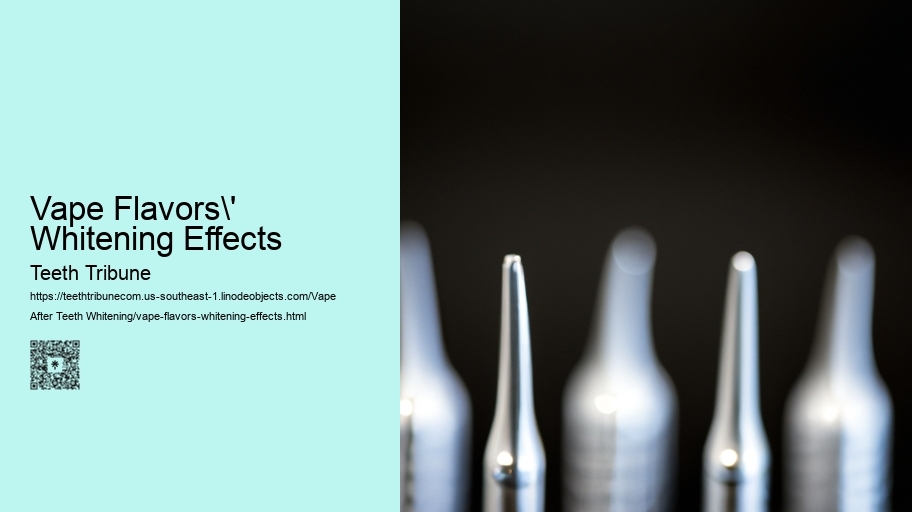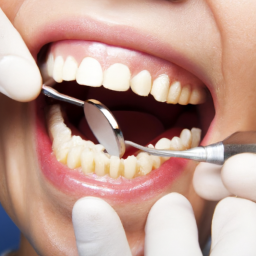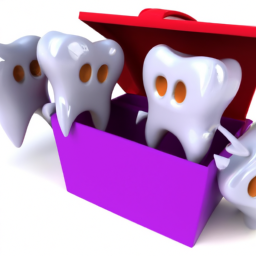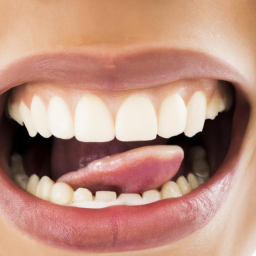

The effects of vaping on tooth enamel are a growing concern. Enamel is the hard, protective outer layer of teeth, and once damaged, it cannot regenerate.
Nicotine in vape juice can also impact enamel health. It can reduce saliva production, leading to dry mouth, which increases the risk of enamel erosion. Furthermore, the acidity of certain e-liquids can weaken enamel over time, making teeth more susceptible to decay.
Vapers should practice good oral hygiene, including using toothpaste that strengthens enamel and reduces sensitivity. Regular dental checkups can help identify early signs of enamel erosion and provide guidance for protecting teeth while vaping.
Dental whitening gels are a popular choice for achieving brighter smiles, but vaping can affect their effectiveness. These gels typically contain bleaching agents like hydrogen peroxide, which work by breaking down surface stains. However, the chemicals in vape juice, particularly nicotine, can counteract this whitening process.
For vapers using whitening gels, it’s advised to minimize or avoid vaping immediately before and after the application of the gel. This helps ensure that the whitening agents work effectively and reduces the risk of uneven whitening or increased sensitivity.
It’s also important to follow the instructions for the whitening gel carefully and to consult with a dentist for personalized advice. Regular dental checkups can monitor the progress of the whitening treatment and address any concerns related to vaping and oral health.
Fluoride TreatmentWhitening mouthwash can be a valuable addition to the oral care routine of vapers.
For vapers, using a whitening mouthwash can help counteract some of the staining effects of vaping. It’s an easy step to incorporate into daily oral care routines, ideally used after brushing and flossing. However, it’s important to use these products as directed to avoid overuse, which can lead to tooth sensitivity.
Regular use of whitening mouthwash, combined with good oral hygiene practices and regular dental checkups, can help maintain a brighter smile and support overall dental health for vapers.

There are several myths surrounding teeth whitening that can mislead consumers. One common misconception is that teeth whitening damages enamel, but when done correctly, whitening is a safe process. Nicotine Professional treatments and approved at-home products are formulated to be gentle on teeth while effectively removing stains.
Another myth is that whitening results are permanent. In reality, the longevity of whitening results varies based on lifestyle habits, including diet and activities like smoking or vaping. Regular touch-ups and good oral hygiene can help extend the results.
It’s also a myth that natural remedies like fruit peels and baking soda are always safe and effective. While they can remove some surface stains, they might not be as effective as professional treatments and can sometimes be abrasive to enamel. It’s best to consult with a dentist before trying home remedies.
Selecting the right dental hygienist is key for maintaining optimal oral health, especially for vapers. A skilled hygienist can provide personalized care, essential for addressing the unique challenges posed by vaping. When choosing a hygienist, consider their experience, especially with patients who vape.
The right hygienist should offer comprehensive cleaning services that focus on removing vaping-related stains and plaque buildup. They should also be knowledgeable about the latest dental health practices and able to offer advice tailored to the needs of vapers.
Regular appointments with a trusted dental hygienist can help maintain oral health, prevent gum disease, and ensure that any potential issues are identified and treated early. Dental Checkups This proactive approach is especially beneficial for vapers, who may face specific oral health challenges.


Toothaches in vapers can be caused by various factors, including dry mouth, gum irritation, or tooth decay. If experiencing a toothache after vaping, it's important to address the discomfort and underlying causes. Home remedies like rinsing with warm salt water can provide temporary relief by reducing inflammation and bacteria.
Over-the-counter pain relievers can also help alleviate toothache pain. However, these are short-term solutions. It’s crucial to maintain good oral hygiene, including regular brushing and flossing, to prevent further dental issues.
For persistent or severe toothaches, consulting a dentist is essential. They can diagnose the cause of the pain and provide appropriate treatment. This might include professional cleaning, fluoride treatments, or other procedures to address the root cause of the toothache.
Bad BreathTeeth grinding, or bruxism, can be exacerbated by vaping, particularly due to the presence of nicotine, which is a stimulant. Nicotine can increase muscle activity in the jaw, leading to more frequent or intense grinding. Smoking Cessation This can cause tooth wear, sensitivity, and jaw pain.
To mitigate the effects of teeth grinding, vapers can use custom mouthguards, especially at night. These mouthguards protect the teeth from the pressure and friction of grinding. Reducing or quitting vaping, particularly before bedtime, can also help decrease the occurrence of grinding.
Regular dental checkups are important for those who vape and grind their teeth. A dentist can assess the extent of wear and suggest appropriate treatments or interventions. They can also monitor for any other vaping-related oral health issues.
To maintain your whitening results while vaping, practice good oral hygiene, including regular brushing and flossing. Using whitening toothpaste and mouthwash can also help. Consider reducing your vaping frequency or switching to nicotine-free e-liquids.
Vaping, especially with nicotine-containing e-liquids, can reduce the longevity of teeth whitening results. Nicotine and other chemicals in vape juice can lead to tooth discoloration and staining, counteracting the whitening effects.